Search Results for Tag: AWI
Atlantic cod pushing out Arctic relatives?
When I visited the AWI Biological Institute on the German North Sea island of Helgoland last year for a story on how climate change is affecting marine life, the Institute’s Director Karen Wiltshire mentioned to me that cod was disappearing from the waters around the island. The Atlantic cod, it seems, are moving north, a trend confirmed by a recent research cruise by scientists from the Alfred-Wegener-Institute (AWI).
![]() read more
read more
Arctic Ocean acidification – kids’ stuff?
June 8th is World Oceans Day, so I am taking the opportunity to draw attention to the increasing acidification of the Arctic Ocean. CO2 makes the seas more acidic when it is absorbed from the air. This process is faster in cold water, making the Arctic particularly susceptible to this climate change impact. A study published earlier this year by scientists from the Arctic Monitoring and Assessment Programme (AMAP), based on monitoring over the last three years shows that the Arctic Ocean is rapidly accumulating carbon dioxide, leading to increased ocean acidification. This is having an impact on the marine ecosystem. The probem is exacerbated by increasing flows of fresh water from rivers and melting land ice. Creatures like pteropods, or sea butterflies, are likely to be harmed. Any marine life that needs calcium to form its skeleton or shell will be at risk, followed by the predators dependent on them.
My attention was drawn recently to a video cartoon produced back in 2009 aimed at teaching young people about ocean acidification, a concept which is not easy to grasp. I think it is great! Well done kids!
The animation was produced by pupils from Ridgeway School (Plymouth, UK) and Plymouth Marine Laboratory with funding from EPOCA the European Project on Ocean Acidification (www.epoca-project.eu). I recommend a look. Adults can learn something from it as well as kids! It is a great way to explain the concept, an entertaining video, and the idea of teaching young people about the problems our lifestyles are causing is a key element in securing a sustainable future. I recently acquired a copy of a book in German with a similar aim: Tessi & Tipo. Die Entdeckung der Ozeanversauerung. (ISBN 978-3-86918-204-9)It was written by Antje Funcke and Konstantin Mewes, young scientists at AWI, the Alfred—Wegener-Institut, Germany’s polar science body. Nice work!
The Oslo-based “Center for International Climate and Environmental Research” has a good summary of the AMAP report on its website. I reported on an EPOCA experiment to measure ocean acidification in the Arctic off Spitzbergen in 2010. Greenpeace had helped the scientists by offering the Esperanza to transport the “mesocosms” for the experiments up north. The story is online here: Scientists enter unusual alliance to study Arctic Ocean.
10 years French-German Arctic Station
Congratulations to the team of the joint French-German Arctic research station in Ny Alesund, Svalbard. It is ten years since the German polar authority AWI (Alfred-Wegener Institute for Polar and Marine Research) and its French counterpart IPEV (Institut Polaire Paul Emile Victor) joined forces at the world’s northernmost research base.
The station was my first Arctic destination in 2007, so it has a special significance for me. During the IPY, I was involved in an international radio cooperation to report on polar science, which was how the Ice Blog was born.
Photo gallery from Ny Alesund, “From Pole to Pole”.
AWIPEV is the biggest of the research stations in Ny Alesund, and takes up to 150 scientists from France and Germany in the course of a year.
I visited again in 2010 with a team looking at ocean acidification. Their equipment was transported up by the Greenpeace ship Esperanza, a “first” in terms of cooperation between scientists funded by the EU’s EPOCA programme and the environment group. Greenpeace offered the ship to help out when none of the scientific research vessels was available for the project.
The station has also just been the first to be officially approved by the climate data network GRUAN. Not a terribly attractive acronym, but definitely easier to say/write than the whole title: Global Climate Observing System Reference Upper Air Network. Basically, the idea is to standardize and the measurement of climate parameters around the world so that the figures are really comparable. It was initiated by the World Meteorological Organization, the Intergovernmental Oceanographic Commission, UNESCO, UNEP and the International Council for Science.
Keep up the good work everyone up there at AWIPEV.
Warming permafrost on the Doha agenda
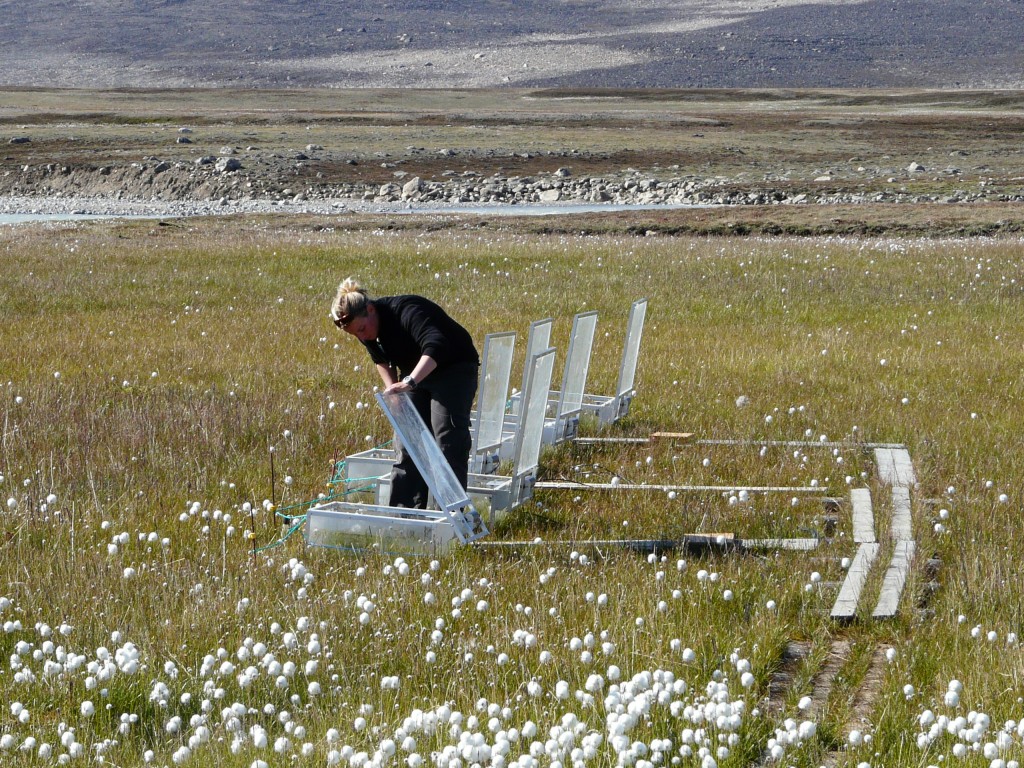
Scientists at measuring stations like the one I visted at Zackenberg, Greenland, measure the amount of greenhouse gases emitted by melting permafrost.
I was glad to see UNEP making sure the melting permafrost issue gets some wider public attention by launching its first report on the status of the world’s permafrost regions in Doha while the international climate talks are in full swing. Climate change is having a major impact on the permanently frozen soil in the Arctic, Siberia and high mountain regions. In the UNEP study, an international team of experts explain what is happening and what potential risks this thaw has for countries with permafrost.
![]() read more
read more
Bangkok, Doha – Countdown on for this year’s UN climate talks
What are these gannets doing on the ice blog? Well, it seems they migrated to Germany because of climate change. Read below to understand the connection. (No wisdom without pain…)
Did you know there has just been another round of UN climate talks in Bangkok? I don’t blame you if you didn’t. It’s hard to keep track of the “talks between the talks…” It’s also hard to keep up interest and optimism and not give way to resignation, given the disastrous melting of the Arctic ice and all the other clearly visible impacts of climate change.
![]() read more
read more



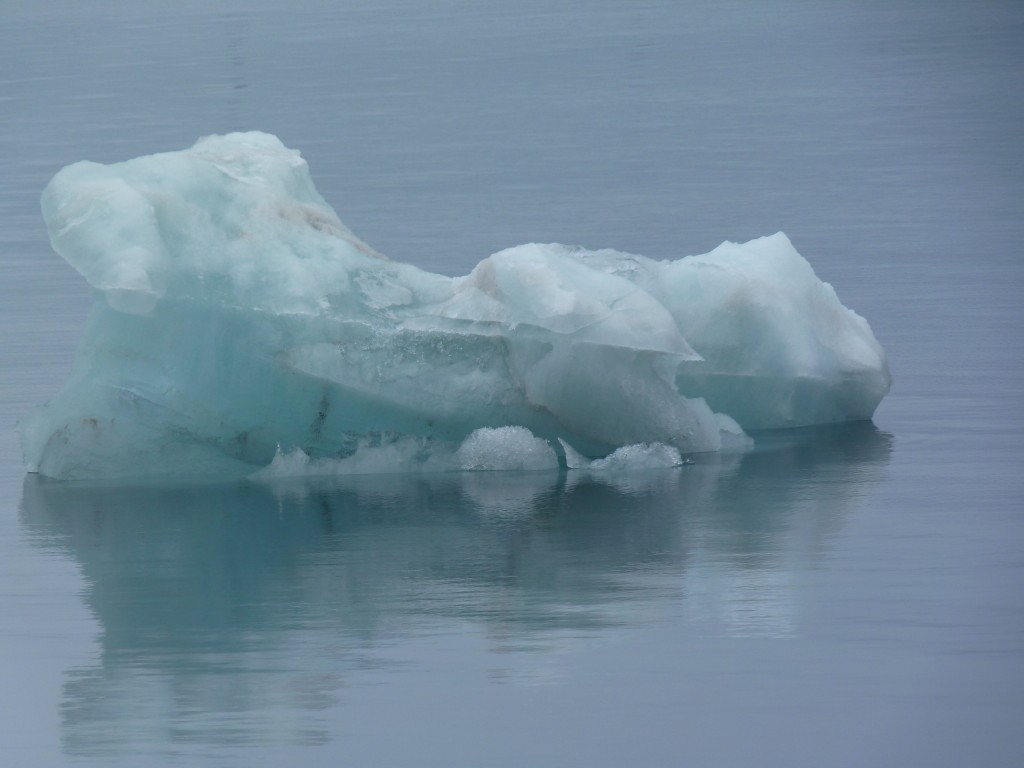

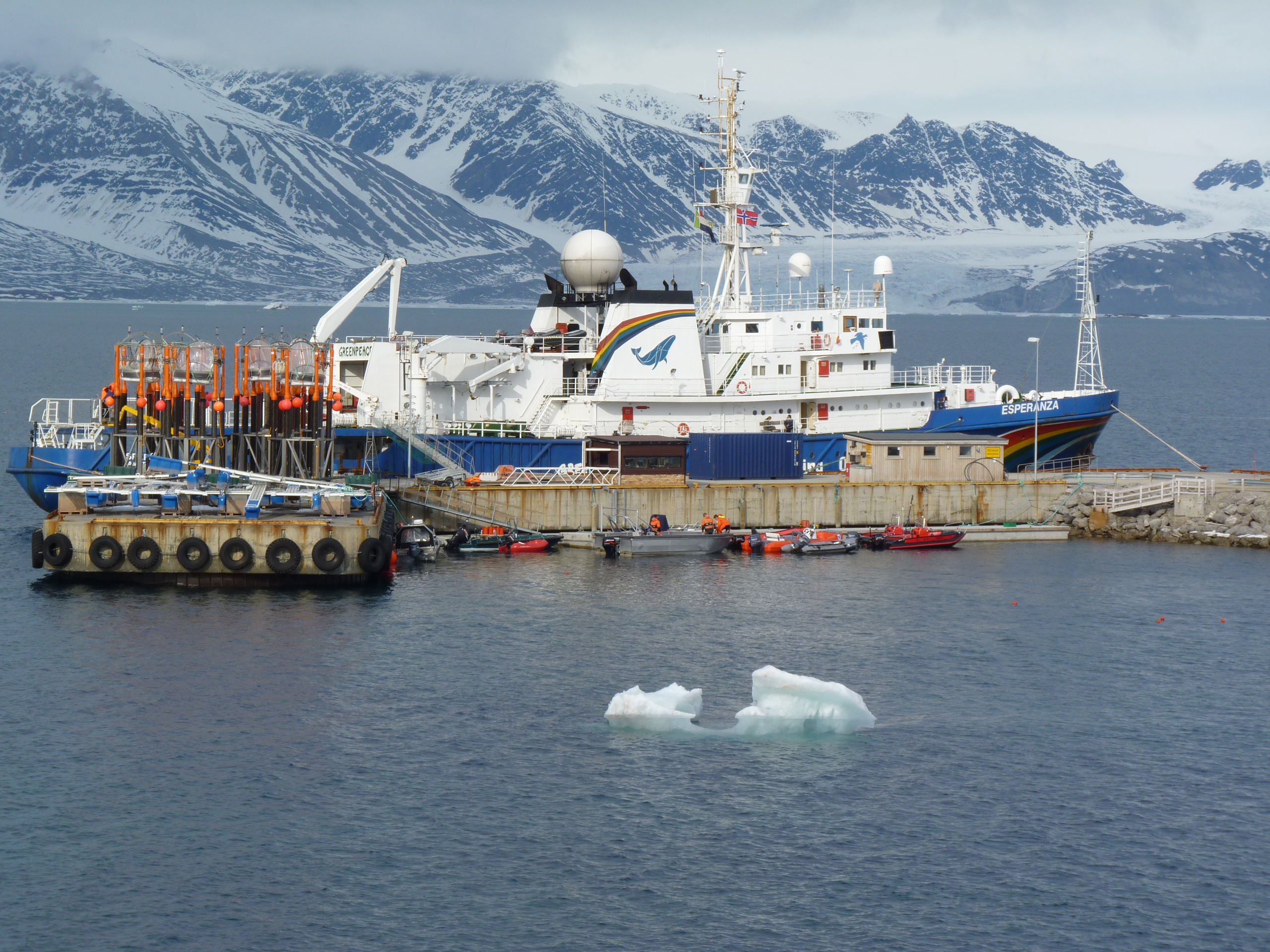

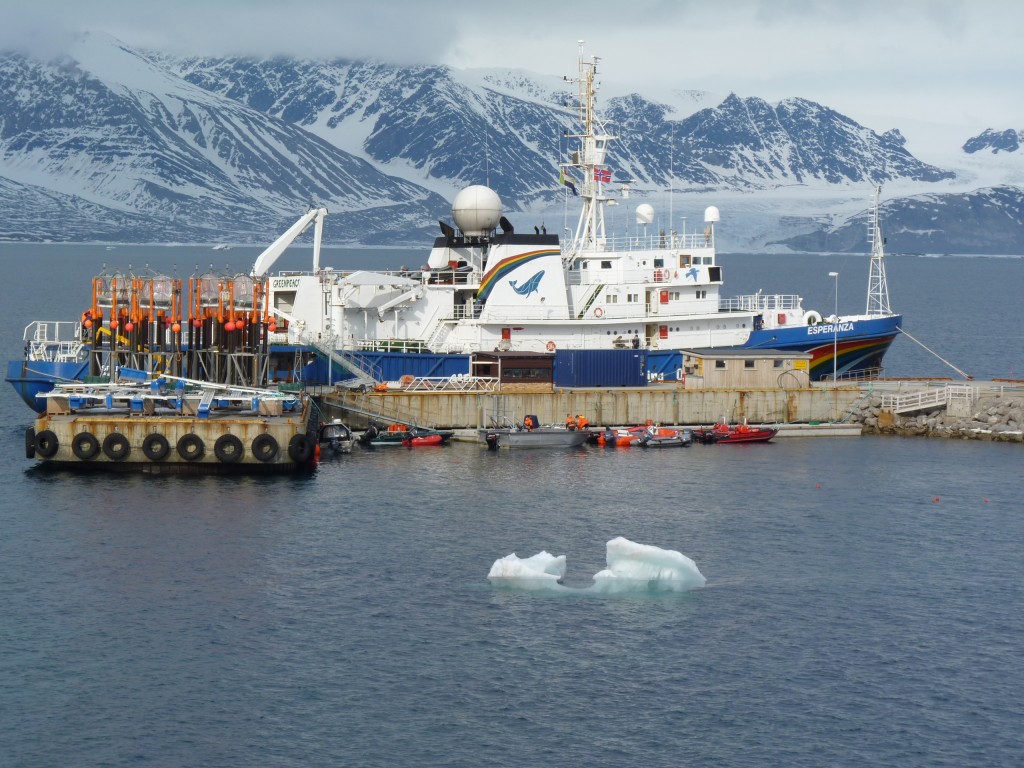
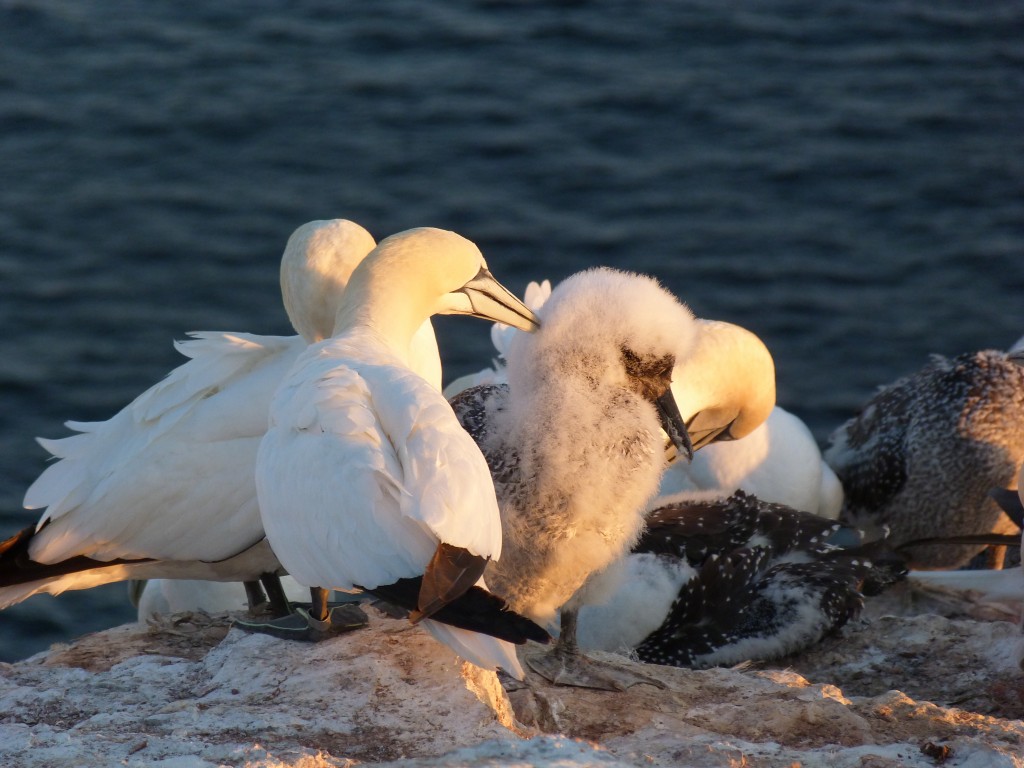
















Feedback